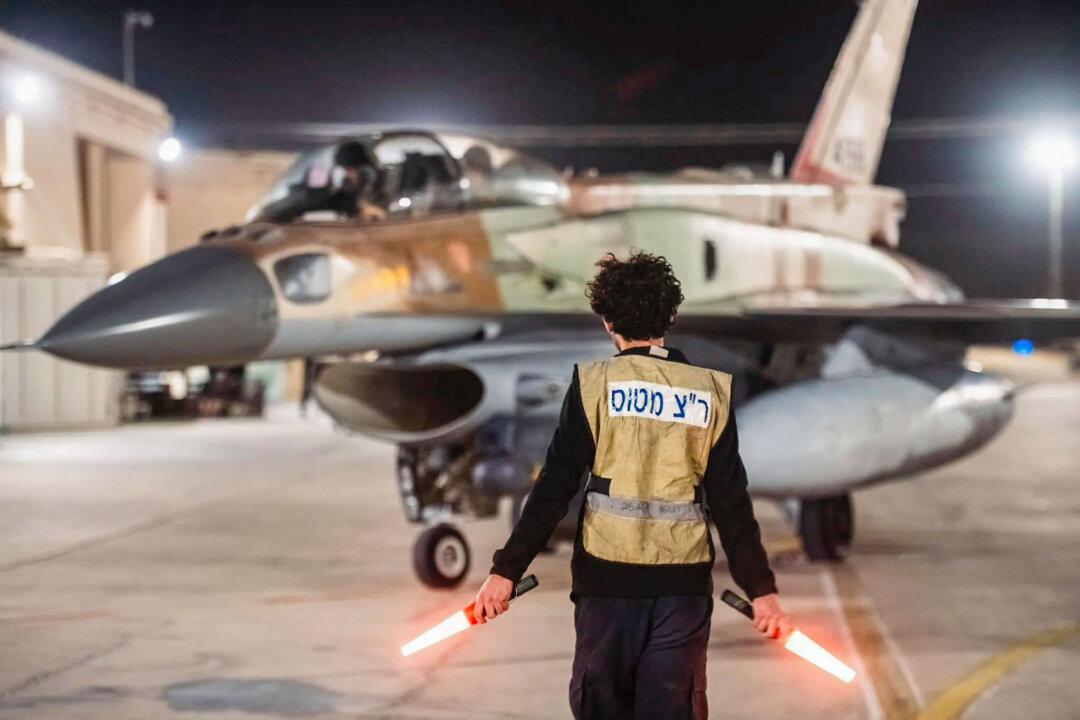The Israeli military conducted airstrikes targeting suspected Hezbollah weapons smugglers in Syria believed to be flowing weapons across the border into Lebanon on Nov. 30.
The strike occurred just days after Israel agreed to a cease-fire in Lebanon, meant to halt nearly 14 months of fighting with terrorist organization Hezbollah.





